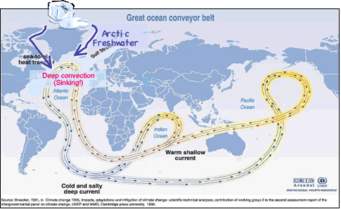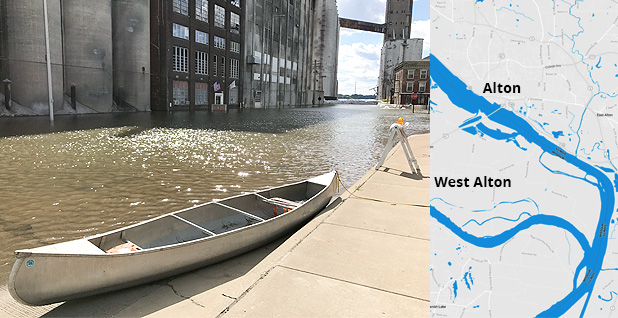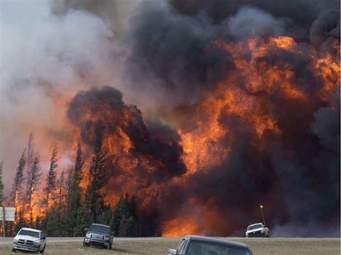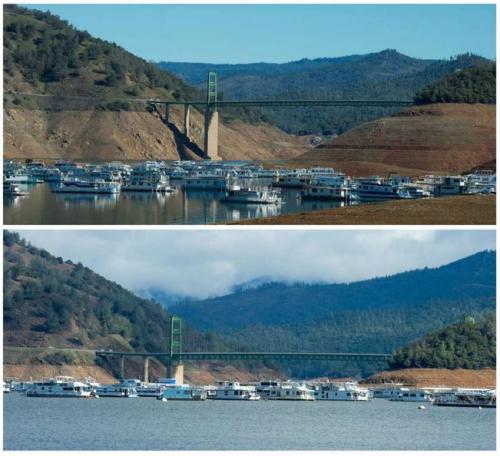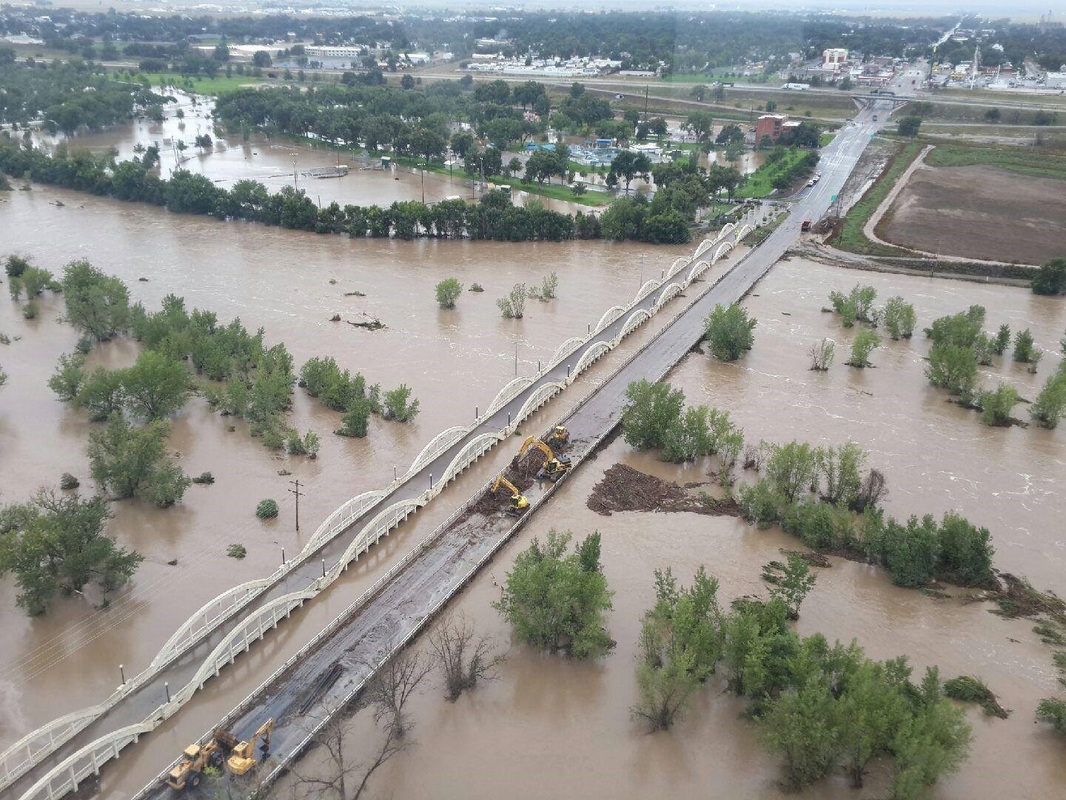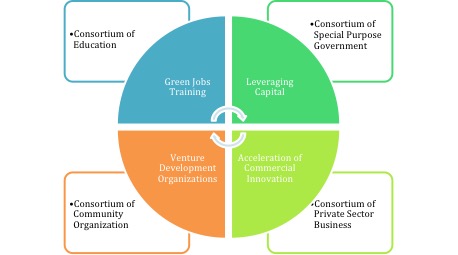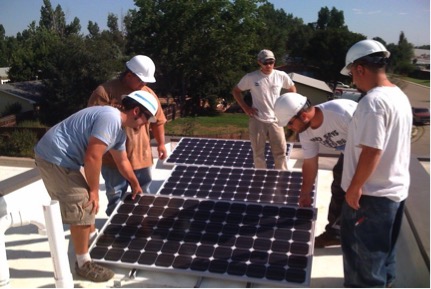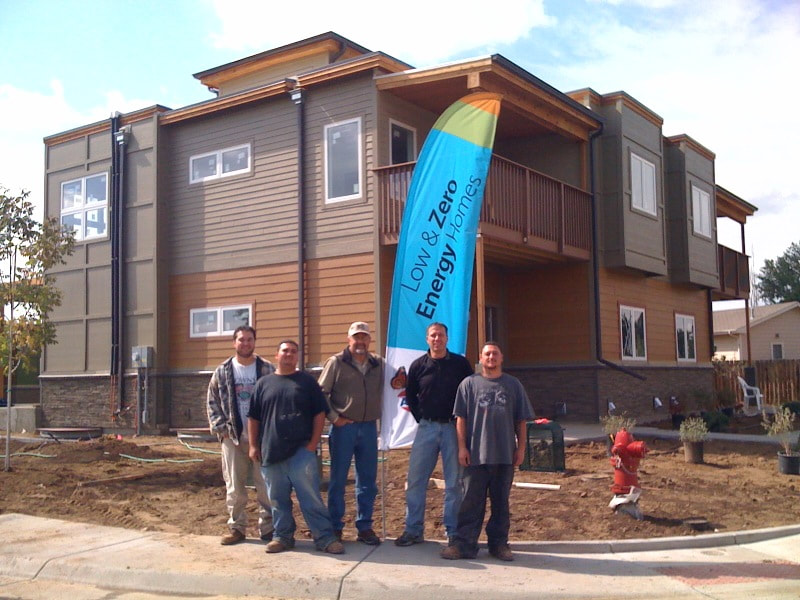The Challenge - Addressing Wildfires, Recovery, Resilience
The time for changing how we live on this planet is past due
Develop more resilient and sustainble buildings while educating low-moderate income students and returning military veterans of war

SEEDS leverages its collaborative resources between public, private, faith based and non profit community stakeholders creating experiential learning. SEEDS addresses regional economic and global environmental challenges while building a model for collegiate, workforce and apprenticeship training for returning military veterans. The SEEDS Collaborative delivers a triple bottom line of social equity, and economic development for sustainability.
www.whitehouse.gov/presidential-actions/2025/01/presidents-council-of-advisors-on-science-and-technology/
The Trump-Vance Administration
Science & Technology
The Trump-Vance Administration
Science & Technology
www.whitehouse.gov/presidential-actions/2025/01/presidents-council-of-advisors-on-science-and-technology/
"To secure our future, we must harness the full power of American innovation by empowering entrepreneurs, unleashing private-sector creativity, and reinvigorating our research institutions."
"To secure our future, we must harness the full power of American innovation by empowering entrepreneurs, unleashing private-sector creativity, and reinvigorating our research institutions."
"Public higher education in the United States is at a watershed moment. As education costs rise and colleges and universities face growing financial pressures, the education gap is widening and public student financial aid systems are getting stretched to the limit—all of this at a time when our economy needs more college-educated workers than ever before.
Left unabated, these trends will leave the U.S. economy without the skilled workforce it needs to remain competitive and will likely increase the education gap between those from low-income backgrounds and the rest of the population. Given the role that higher education has historically played as an engine of social mobility and economic growth, the political and social implications for our nation, and particularly for lower-income people, are profound and unacceptable. They are also avoidable."
Staff meetings
